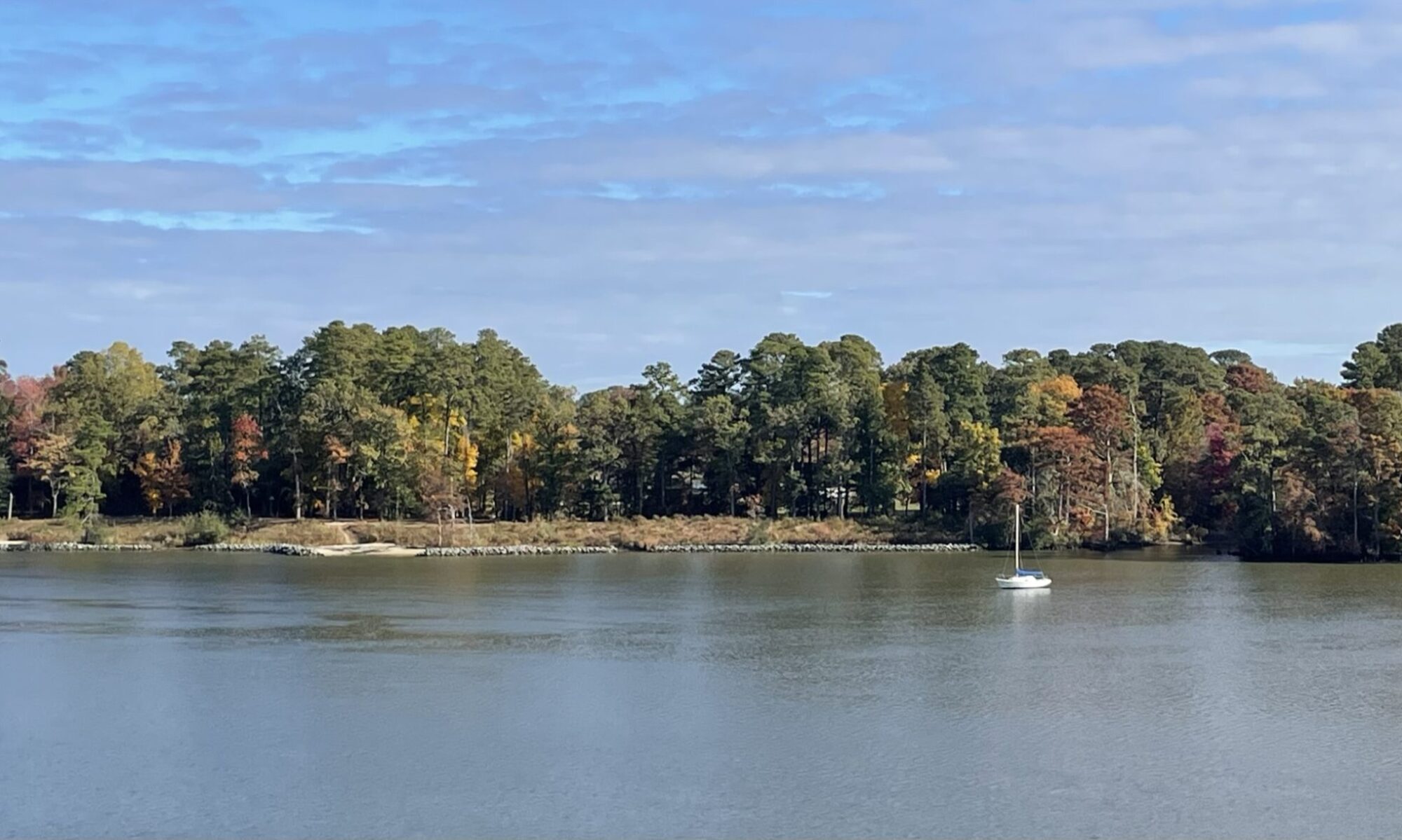I’m so happy I’m able to still wear a baseball uniform.
You sometimes hear big-leaguers talk about the thrill of putting on their team’s colors – the pinstripes and the script across the chest and the fitted cap. But it really is true for them; the most self-aware players, at least. Those who understand the rare gift they possess and, in most cases, its minuscule shelf life.
But it is also true for high school coaches, the ranks of which include me as a volunteer assistant who makes it out to the field when he can. That is hardly as often as I would like. Nowhere close. Bills must be paid and office hours logged, it seems. Still, “community service” hours offered and encouraged by my new employer allow me to be out on the field, in the uniform, in the base coach’s box, a couple times a week at games – practice times unfortunately do not mesh with this new schedule. Yet there still are chances. And every chance is a chance I do not take lightly.
In that regard, with first pitch pressing or often already taken place, I have become deft at dashing from the office to the car, the uniform piled in the front passenger seat. Shoes and socks easily slip off as I drive barefoot to the first stop light, which affords ample time to switch out to the uniform socks. At the inevitable next light, the business shirt gets doffed into the back seat as the T-shirt and school-logo coaching shell slide over my head.
The momentarily naked man from the waist up behind the wheel perhaps raises eyebrows in the vehicles nearby. I never notice, though. I am too busy taking off my pants.
This is easier than it looks, although it does involve unbuckling the seat belt and squirming to the side at just the right angle (while seated at the light, of course!). Lift up, slide down, slip off, toss in the back, slide on most of the way – then snap up, buckle and align at the next light. Probably 10 or 15 seconds flat. Done.
By that point, it’s all over but the donning of the weathered turf shoes that reside in the trunk once I’ve parked at the field. By then, the game face is on, and usually so is the game, so I jog over and slide into the dugout to soak up and savor it all again.
I get to take up space in the first-base coach’s box, cheerleading, congratulating those who make it that far, encouraging those – much more frequent, of course, because baseball is totally a game of failure – forced to make U-turns back to the bench after making out.
I started coaching years ago to touch the part of me that went dormant when I chose a bird in the hand – a sports writing job – over the concurrent pursuit of a college baseball graduate assistantship.
I started as a way to honor my father, who literally built a youth club from the ground up across the street from our house and introduced me to baseball. I think of him, and how proud he was of me even reaching the minor leagues, every time I am on a baseball field, without fail.
I started and continued long after my son and daughter put baseball and softball aside, because being on that perfect field and teaching the game’s finer points — and feeling warm and worthy when a particular lesson takes root — “feeds my soul,” as a helpful confidant of mine likes to say.
You bet I am proud to still wear the colors.
You bet I am blessed to still take the field.
With luck, the kids around me sense a soul being fed — and perhaps might aspire to the same for themselves. Today, and over their countless tomorrows.
